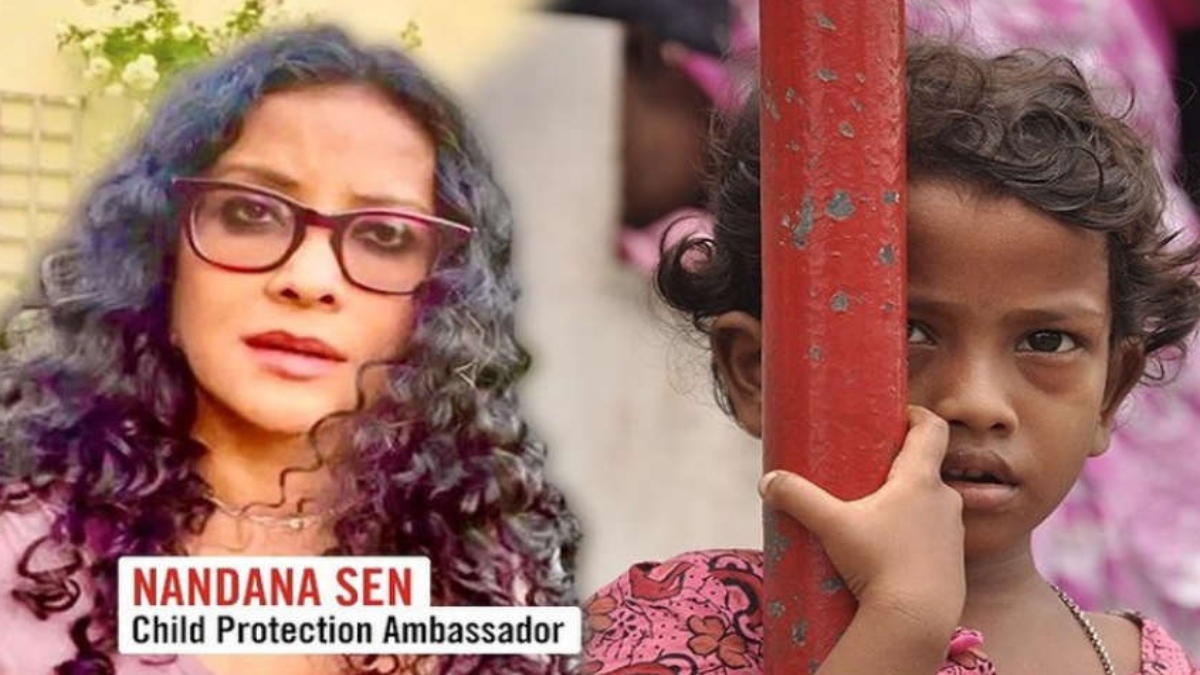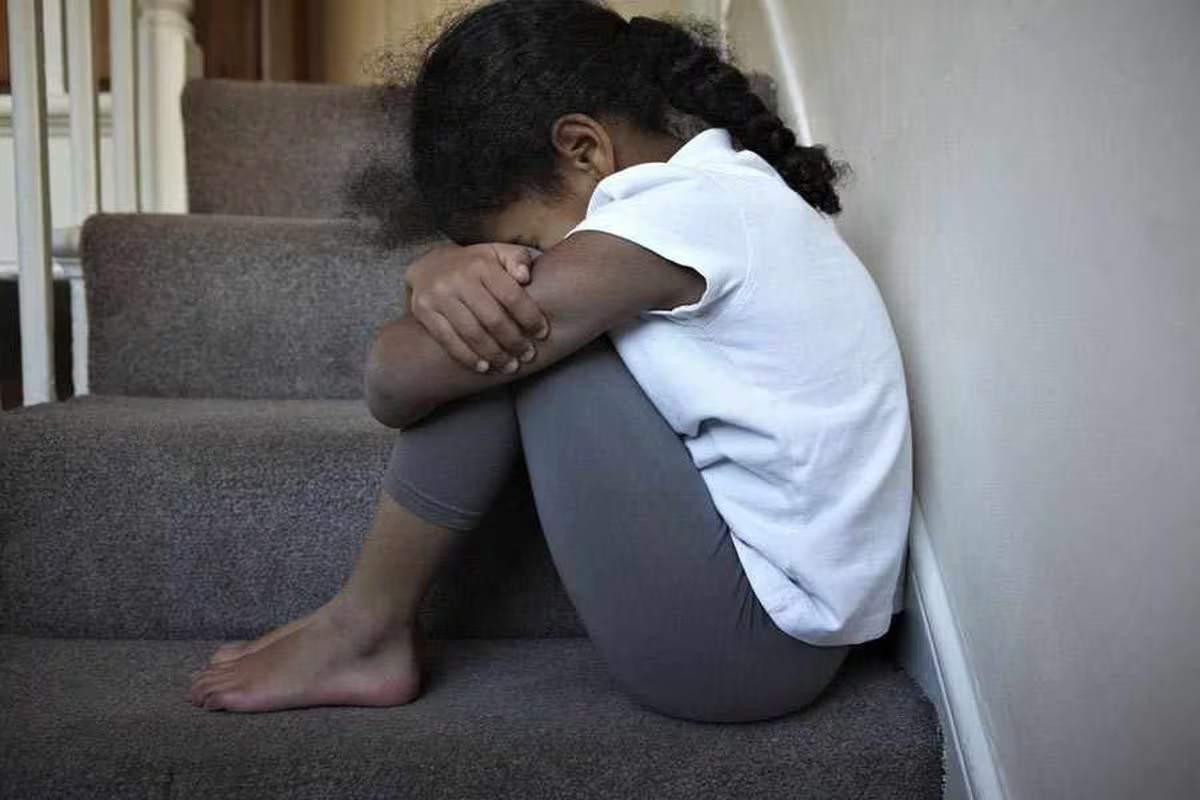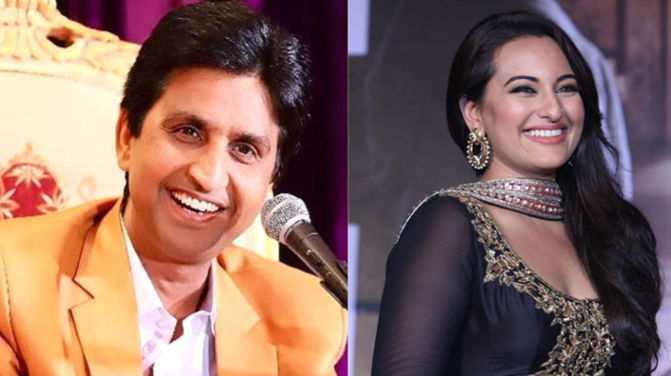In a bid to ensure safety and welfare of the most vulnerable children whose lives have been torn apart by the deadly combination of Covid-19 and Cyclone Yaas, writer, actor, and child-rights activist Nandana Sen has launched a campaign ‘For a Safe Tomorrow’ in partnership with Save the Children India.
The campaign has successfully mobilised resources for activating on-ground relief work for 200 children, and Nandana and Save the Children announced that they were expanding the campaign to support a greater number of the most at-risk children of West Bengal, who will gain access to a safe living environment, food security, education, healthcare and psychosocial support.
“I’m incredibly grateful for the overwhelming response to our campaign to nurture and protect 200 of the most vulnerable children, and I’m delighted that we can now aim to safeguard many more. These children, who have lost one or both parents and essentially their lifelines, stand exposed to trafficking, child labour and child marriage—and nowhere has this crisis hit harder than in my beloved West Bengal. Save the Children has the commitment, credibility and expertise to ensure that this initiative will be optimally rolled out to protect children who most need our care. I’m touched and inspired by the success of our campaign, which shows that all of us stand in solidarity when the cause is as urgent as the safety of children in crisis,” comments Nandana.
“Save the Children is equally delighted and thankful to all the supporters for the success of this campaign. We are now gearing up to implement the project to support the most deprived children, to start with. Immediate care-givers of children orphaned/abandoned and at-risk will be provided financial support to meet their medical, nutritional, educational and protection needs,” shares Yasmin Riaz, Director of Resource Mobilisation, Save the Children, India.
‘For a Safe Tomorrow’ will target the most marginalised and at-risk children identified across two coastal blocks in the South 24 Parganas district for the period of a year.
The support, given to each child on a monthly basis, will be allocated following a rigorous screening process to ensure that the funds are being utilised to help the children most in need. The plan will be monitored and reviewed until the vulnerability of each child is addressed comprehensively.
In addition to financial and educational support, trained outreach workers and cadres, employed by Save the Children India, will provide counseling and psychosocial support to overcome the trauma associated with the loss of a parent or caregiver. Children who need in-depth psychosocial assistance will be carefully guided to professional mental health institutions or counsellors.
Save the Children’s Covid responses during the first and the second wave were customised to the changing landscape of community needs. In the first response, the NGO reached more than 15 lakh lives including around six lakh children with its humanitarian response during the first wave, and more than 2.5 lakh people with food and hygiene kits distribution.
During the second wave, it supported public health facilities in 15 states with more than 800 oxygen concentrators. The support was extended in the states of Jharkhand, Maharashtra and Uttar Pradesh with facilitating dedicated paediatric Covid care wards, along with setting up of an oxygen plant in Shravasti district of Uttar Pradesh.
I’m touched and inspired by the success of our campaign, which shows that all of us stand in solidarity when the cause is as urgent as the safety of children in crisis.
— Child-rights activist Nandana Sen







